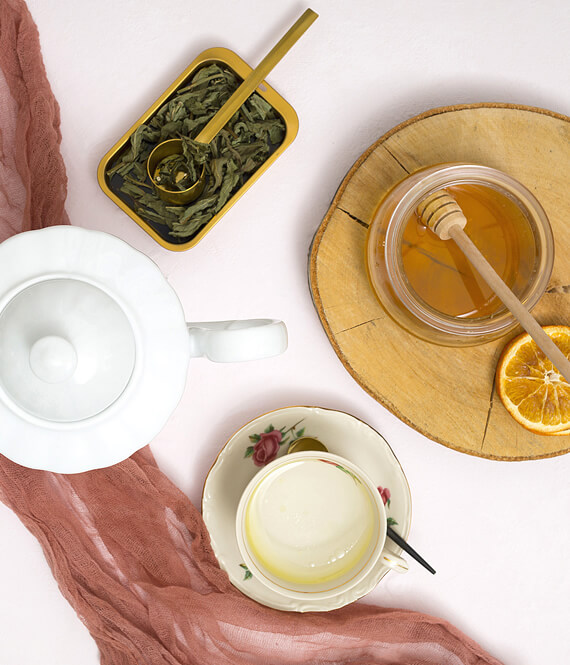
8 Soothing And Natural Ways To Combat Allergens
We recommend helpful products in our articles. Read our full disclosure here. The content on this website is not intended to be a substitute for professional advice, diagnosis, or treatment.
Allergies occur when the immune system reacts to a particular substance as though it is harmful.
It’s not clear why this happens, but most people with allergies or related disorders, such as asthma or atopic dermatitis, have a family history of allergy or have closely associated problems.
Some of the main culprits responsible for allergic reactions include:
- pollen;
- dander;
- dust mites;
- mold spores;
- food;
- and some medications.
These allergens lead the body to overreact, which causes a variety of unpleasant symptoms.
Typical allergy symptoms include:
- runny nose;
- sneezing;
- itchy skin;
- rashes;
- swelling;
- difficulty breathing (i.e. asthma).
Doctors typically recommend one of three primary treatment options.
These include 1) avoiding allergens, 2) antihistamine medication, 3 and/or immunotherapy (allergens given as a shot or placed under the tongue).
Home Remedies for Allergies
When possible, avoidance is the best natural allergy treatment.
Both doctors and natural healers will instruct you to limit or avoid allergens, which are responsible for your allergic response.
As an example, if you are especially sensitive to springtime pollen, a doctor might recommend limiting time spent outdoors.
However, certain allergens are difficult to avoid.
If this is the case, consider using a natural allergy treatment to deal with the effects of being exposed to an allergen.
There are a wide variety of natural allergy treatments available.
1. HEPA Air filters
Using air filters is a great way to reduce the amount of pollen and other allergens in your environment.
At its most basic definition, an air filter is essentially a screen that fits into a HVAC system to clean the air as it circulates through a home.
If you are especially sensitive to allergens, consider getting a high-efficiency particulate air (HEPA) filter.
These special filters work by trapping airborne irritants such as pollen, dust, and pet dander and thus prevent them from circulating throughout your home.
Just make sure to wash, or replace, your filters often.
2. Nasal Irrigation
Nasal irrigation devices, such as neti pots, can be effective for reducing allergies.
Neti pots work by thinning mucus which helps to flush it out of the nasal passages.
A 2012 meta-analysis study found that nasal irrigation had a positive impact for both children and adults with allergic rhinitis.
3. Acupuncture
A 2015 research review noted that acupuncture has a positive impact in individuals with allergic rhinitis.
During an acupuncture session, an acupuncturist will apply several small needles into different areas of your skin—called acupuncture points.
The human body contains thousands of these points, which are all thought to be connected to pathways in the body called meridians.
The twelve meridians are linked to organs or systems in the body, and acupuncturists will use areas and meridians depending on the condition they’re trying to cure.
While the exact mechanism of action isn’t understood, many people have received relief through acupuncture.
4. Probiotics
It’s thought that probiotics can help to reduce allergy symptoms.
A 2015 clinical review of 23 different studies noted that probiotics may help improve symptoms of allergic rhinitis.
The mechanism of action of probiotics and allergies is multi-faceted.
It appears that every unique probiotic may have its own pathways in affecting the host.
However, recent data notes that probiotics may be able to modulate the production of cytokines by monocytes and lymphocytes.
5. Local Honey
A traditional home remedy for allergies is to take a teaspoon of local honey each day.
The idea behind this remedy is that eating local honey will lower your allergic response over time to the pollen that the bees collect in your area to make their honey.
Although there’s no scientific evidence to back this claim, many people swear by it.
6. Natural Herbs
Using herbs to combat allergens can help to ease allergy symptoms.
A couple of standout natural antihistamine herbs include stinging nettle, butterbur, and rosemary.
These herbs work to stabilize mast cells, which can help to prevent your body from overreacting when it comes into contact with an allergen.
Click here to learn more about the best herbs for allergies.
7. Citrus Flavonoids
Several studies conducted on citrus flavonoids, particularly quercetin, have shown that they exert natural antihistamine, anti-microbial and anti-inflammatory effects.
It’s thought that these various properties can decrease the symptoms of both seasonal, and food-based, allergies.
8. Dehumidifiers
Removing moisture from the air can limit the growth of mildew and molds which are known to negatively impact allergies.
Getting a dehumidifier is a great way to dry out the air in your home.
Conclusion
Both clinical research and traditional usage indicate that these home remedies may be a natural way to reduce allergies.
If you’ve been looking to add natural remedies into your diet that may help with reducing allergy symptoms, consider trying these natural remedies.
However, it’s best to discuss them with your doctor prior to trying them out.
Obtain a thorough diagnosis and follow the doctor’s recommendations based on your specific circumstances.
Scroll down for more tips below.
"We love to research problems, examine studies, analyze solutions, and share with you ideas that make life healthier. You can learn about us and our editorial standards here. Have suggestions or feedback to share? Send us a message!."



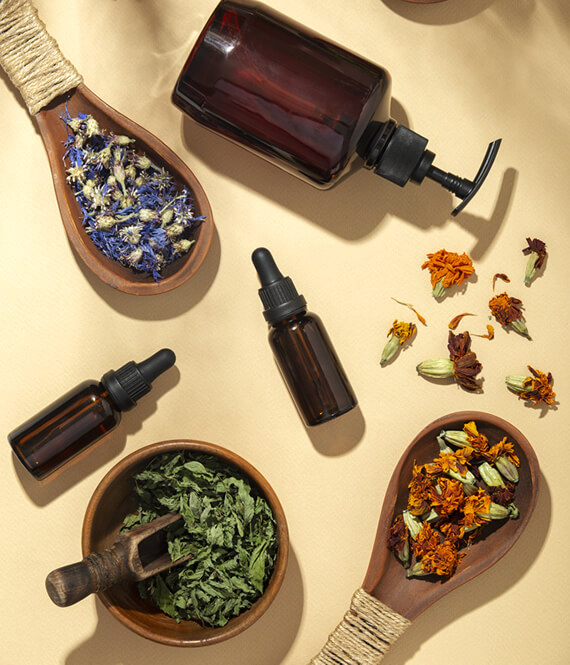

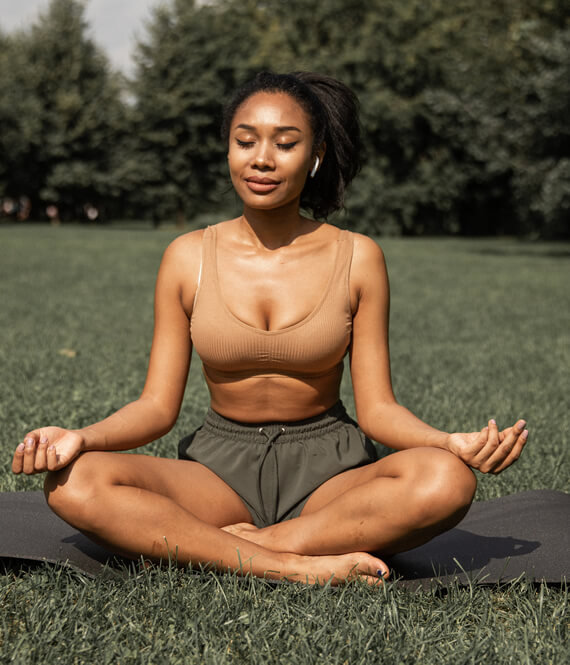

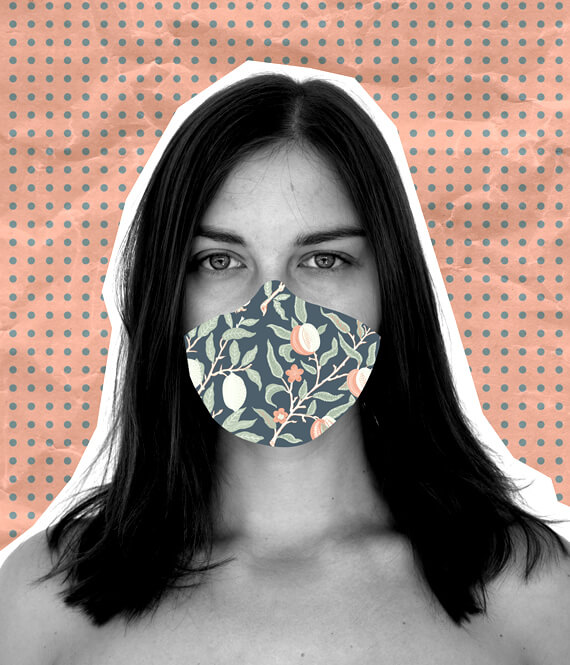


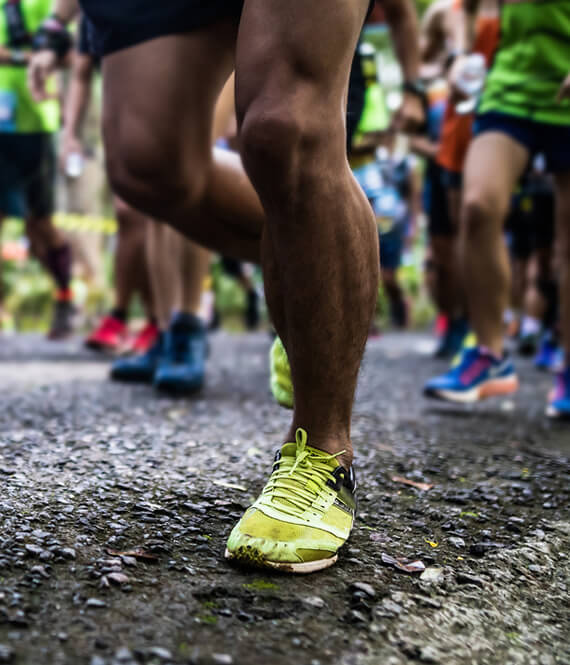
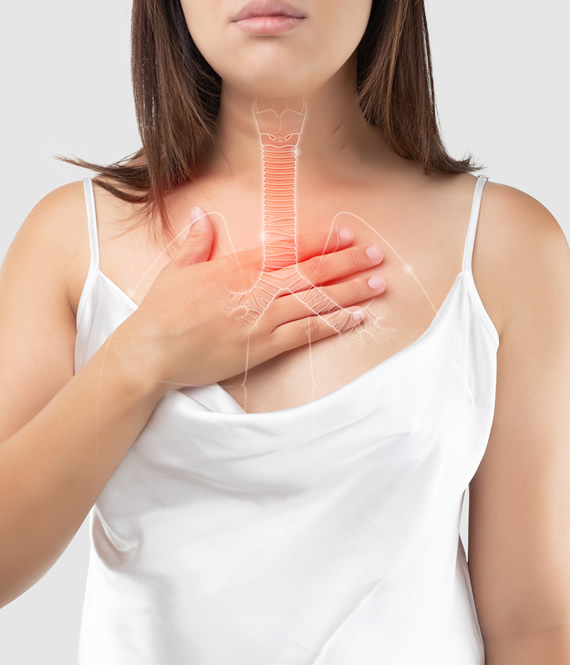

Leave a Comment